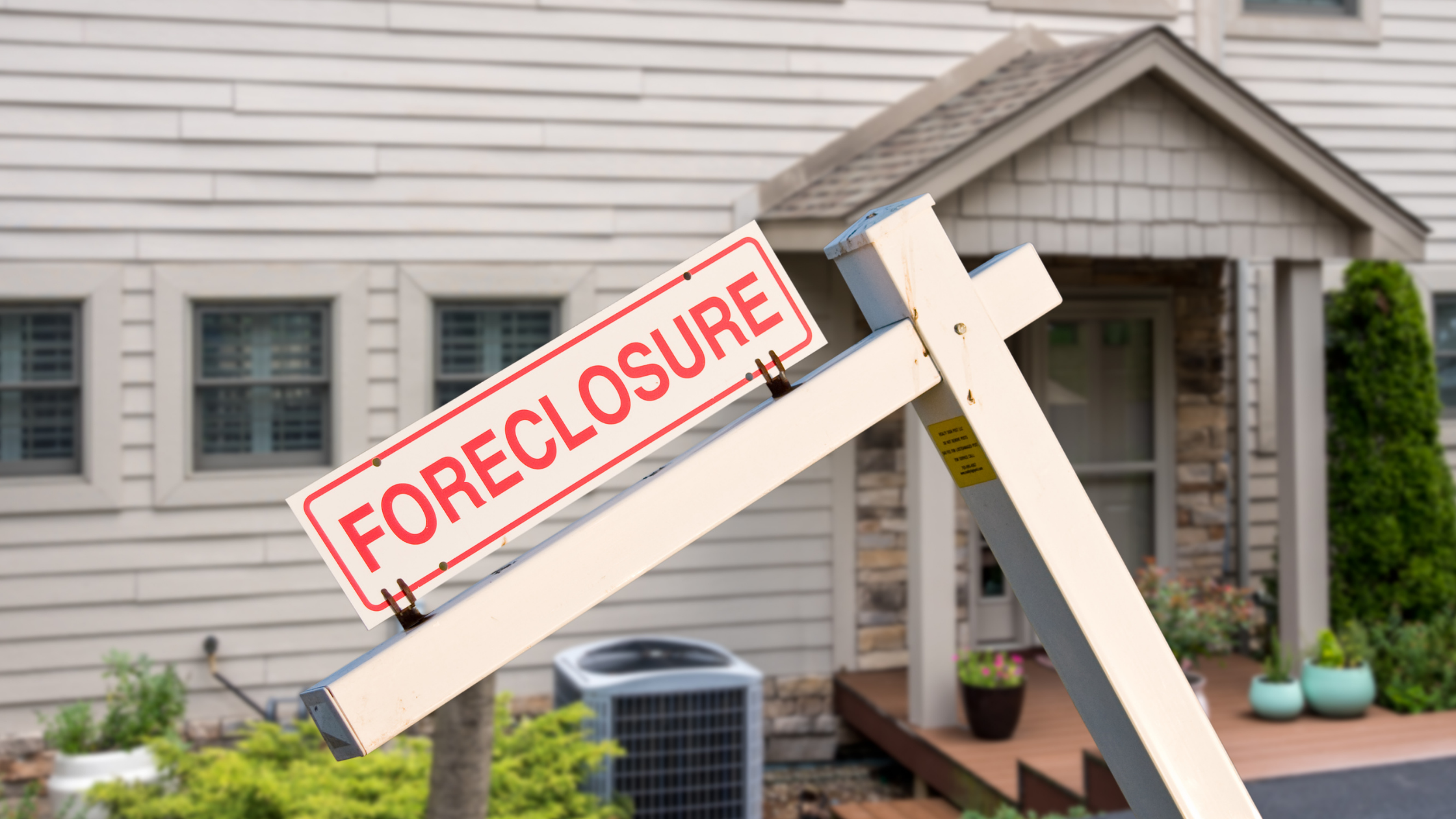Navigating the complexities of evictions and foreclosures can be daunting, particularly in Florida, where the legal landscape is continually evolving. Whether you’re a landlord, tenant, homeowner, or lender, understanding your rights and responsibilities is crucial to managing these challenging situations effectively. Here’s a detailed look at the legal aspects of handling evictions and foreclosures in Florida.
Evictions in Florida
Eviction is a legal process that allows a landlord to remove a tenant from a rental property. In Florida, the eviction process is governed by Chapter 83 of the Florida Statutes, also known as the Florida Residential Landlord and Tenant Act. Here are the key steps involved:
- Notice to Vacate: The eviction process begins with a written notice. Depending on the reason for eviction, different types of notices apply:
- 3-Day Notice: For non-payment of rent, the landlord must provide a three-day notice (excluding weekends and holidays) for the tenant to pay the rent or vacate the property.
- 7-Day Notice: For lease violations other than non-payment of rent, the landlord must give a seven-day notice to cure the violation. If the violation is not corrected, the landlord can issue a seven-day notice to vacate.
- 15-Day Notice: For month-to-month tenancies, a fifteen-day notice is required to terminate the tenancy without cause.
- Filing a Complaint: If the tenant fails to comply with the notice, the landlord can file an eviction lawsuit in the county court where the property is located.
- Summons and Response: The court will issue a summons to the tenant, who must respond within five days. If the tenant fails to respond, the landlord can request a default judgment.
- Court Hearing and Judgment: If the tenant contests the eviction, a hearing will be scheduled. Both parties present their case, and the judge makes a decision. If the landlord prevails, a final judgment for possession is issued.
- Writ of Possession: The landlord can request a writ of possession from the court, allowing the sheriff to remove the tenant and their belongings from the property.
Foreclosures in Florida
Foreclosure is the legal process by which a lender attempts to recover the balance of a loan from a borrower who has defaulted on their mortgage payments. Florida follows a judicial foreclosure process, meaning the lender must go through the court system to foreclose on a property. The steps involved are:
- Pre-Foreclosure Notice: Lenders are typically required to provide notice of default and an opportunity for the borrower to cure the default before initiating foreclosure proceedings.
- Filing a Complaint: The lender files a foreclosure lawsuit in the circuit court where the property is located. The borrower is served with a summons and complaint and must respond within 20 days.
- Mediation: Some Florida courts require mandatory mediation to attempt to resolve the issue without proceeding to foreclosure.
- Summary Judgment or Trial: If mediation fails, the lender may file a motion for summary judgment. If granted, the court will issue a final judgment of foreclosure. If not, the case proceeds to trial.
- Foreclosure Sale: After a final judgment, the property is auctioned to the highest bidder. The sale is usually conducted by the clerk of the court.
- Right of Redemption: Florida law allows borrowers to redeem the property by paying the full amount owed up until the foreclosure sale.
- Deficiency Judgment: If the foreclosure sale proceeds do not cover the outstanding loan balance, the lender may seek a deficiency judgment against the borrower for the remaining amount.
Legal Considerations and Protections
Both evictions and foreclosures involve complex legal procedures, and parties must adhere to state laws and regulations. Key legal considerations include:
- Tenant Protections: Florida law provides certain protections for tenants, such as prohibiting retaliatory evictions and requiring landlords to maintain habitable conditions.
- Borrower Protections: Federal and state laws, including the Real Estate Settlement Procedures Act (RESPA) and the Homeowner Bill of Rights, offer protections for borrowers, such as the right to receive loss mitigation options and the prohibition of dual tracking (simultaneously pursuing foreclosure while evaluating loan modification options).
- Legal Assistance: Both tenants and homeowners facing eviction or foreclosure should seek legal counsel. Free or low-cost legal aid is available through various organizations in Florida.
Conclusion
Handling evictions and foreclosures in Florida requires a thorough understanding of the legal framework and adherence to procedural requirements. Whether you are a landlord, tenant, homeowner, or lender, staying informed about your rights and responsibilities is crucial to navigating these processes successfully. Seeking professional legal assistance can provide valuable guidance and help ensure compliance with all legal obligations.



